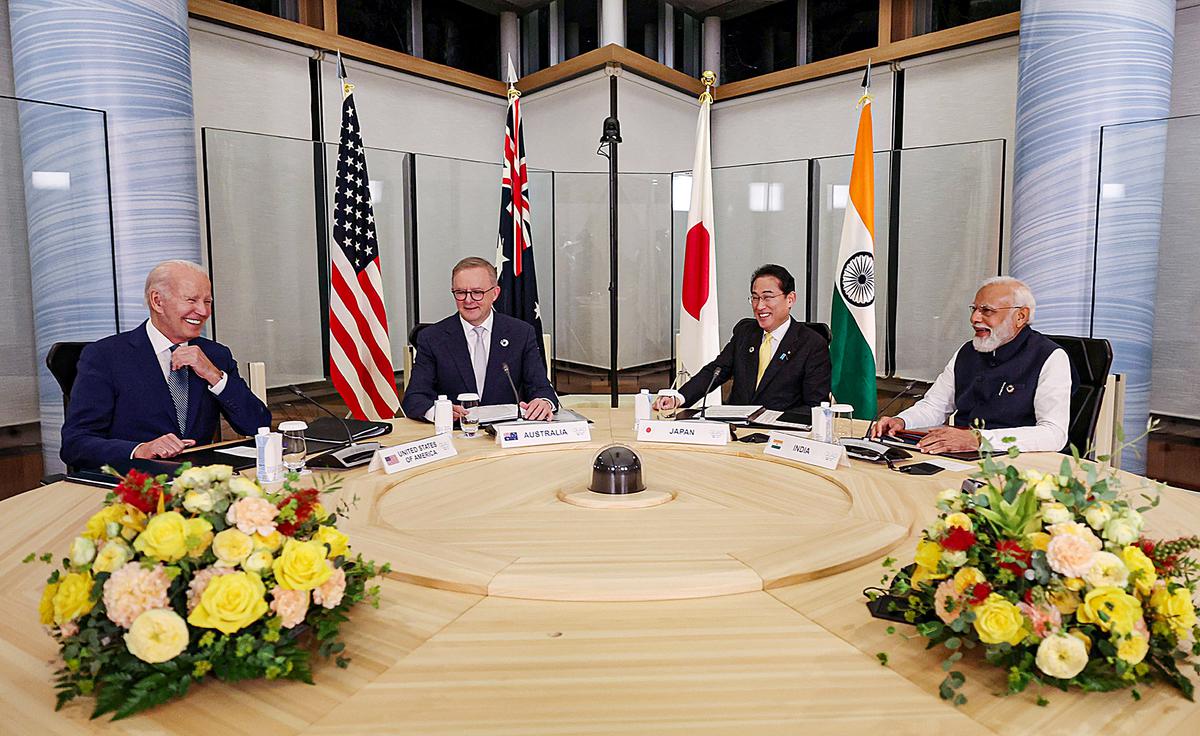1. Abstract
Post COVID-19, the ongoing Russia – Ukraine conflict, and the Israel – Palestine conflict, the world order is set to take a new turn. But a lot depends upon the upcoming general elections. The year 2024 is set to be the year of change. A turn in global governance can mean the possibilities of new policies, conflicts, and the start of new bonds of friendships between countries. As always the election year is again full of surprises and a lot is much but a guesswork through deep analysis and by observing the past events.
The paper starts by highlighting the importance of this year through the framework of elections being held in major democracies & what’s in store for the people. It also highlights the impacts it can have on bilateral relations, especially with India. Then it talks about shifting alliances and major policy changes expected in this year’s elections depending upon who’s in power—the impact it can have on India’s security and foreign policy via the dynamics of election results. The paper also talks about the journey of India so far, which has achieved a tremendous amount of progress. From its colonial legacy to the ever-changing policies that it formed has led to its growth. Finally, the paper talks about the future of South Asia. About the region as a whole its growth, achievements & future trajectories.
Keywords: Elections, Foreign policy, security , Geopolitics.
2. Introduction
The year 2024 has become a year of elections with large open possibilities and trajectories. More than three dozen countries, with a total population of four billion people, will see their citizens choose their heads of state. Bangladesh, Pakistan, Taiwan, Indonesia, Belgium, Mexico, the European Parliament elections, and not the least, elections of two of the largest democracies of the world, India and the USA, will define the trajectory of the new global order.
How will the regional & global dynamics change, will major – realignments shift after elections, what impact will it have on the ongoing wars in Ukraine & Gaza? Also the future of South Asia where major regional powers are going for elections this year. This comprehensive analysis will provide an adequate answer to all these questions while providing history, context & hope for the future.
3. 2024 the year of the elections
The year 2024 is set to come up with a lot of surprises. It is the year of elections. From small countries like Bhutan high in the Himalayas, the newest democracy, to the extent of the western hemisphere- the United States, the oldest democracy. Then there is India, the stature of being the largest democracy in the world.
Apart from the arbitrators of democracies going for elections, there are other countries as well going for elections this year. Bangladesh, a close neighbor of India with which it has historical ties, is all set to present to the world its election results which were held in January. Poll results which came on January 9 have declared incumbent prime minister Sheikh Hasina as its victor once again. The first of many surprises. Sheikh Hasina’s tenure has seen a close cooperation with India. Her government has valued stronger ties with India in sectors of defense, trade & economy, given India’s security concerns & strategic concerns of China making inroads in South Asia. The election results in Bangladesh with the return of Prime Minister Sheikh Hasina is a sign of relief. India has supported the Sheikh Hasina government very openly in the past & valued its ties with her government.
Pakistan, another country situated close to India, is heading for elections. A hybrid democracy with the military as its puppet master. The elections are said to be held in February by the Election Commission of Pakistan. Analysts predict the return of Nawaz Sharif this year, imprisoned years earlier by former Prime Minister Imran Khan who had the backing of the Pakistan army. It doesn’t long for the tables to turn around in Pakistan. Looks like history is repeating itself in Pakistan, Ex-PM Nawaz Sharif has returned to his homeland from exile in London to contest in upcoming general elections. The army for its part has given the green card to Nawaz Sharif. As for cricketer-turned-politician Imran Khan, the future looks bleak after turning its back on the army & failing to save the country from the dire economic crisis. Imprisoned for corruption cases during his tenure, the Election Commission has rejected nominations filed by Imran Khan & his party PTI. As for Nawaz Sharif, he has openly stated peaceful ties with India. However, that has been the rhetoric for Sharif in the past as well. Once in power, all Pakistani leaders develop an obsession with Kashmir & anti-India stance. Seeing how he will take the country out of the economic crisis will be interesting.
Click Here To Download The Paper


📌Analysis of Bills and Acts
📌 Summary of Reports from Government Agencies
📌 Analysis of Election Manifestos

